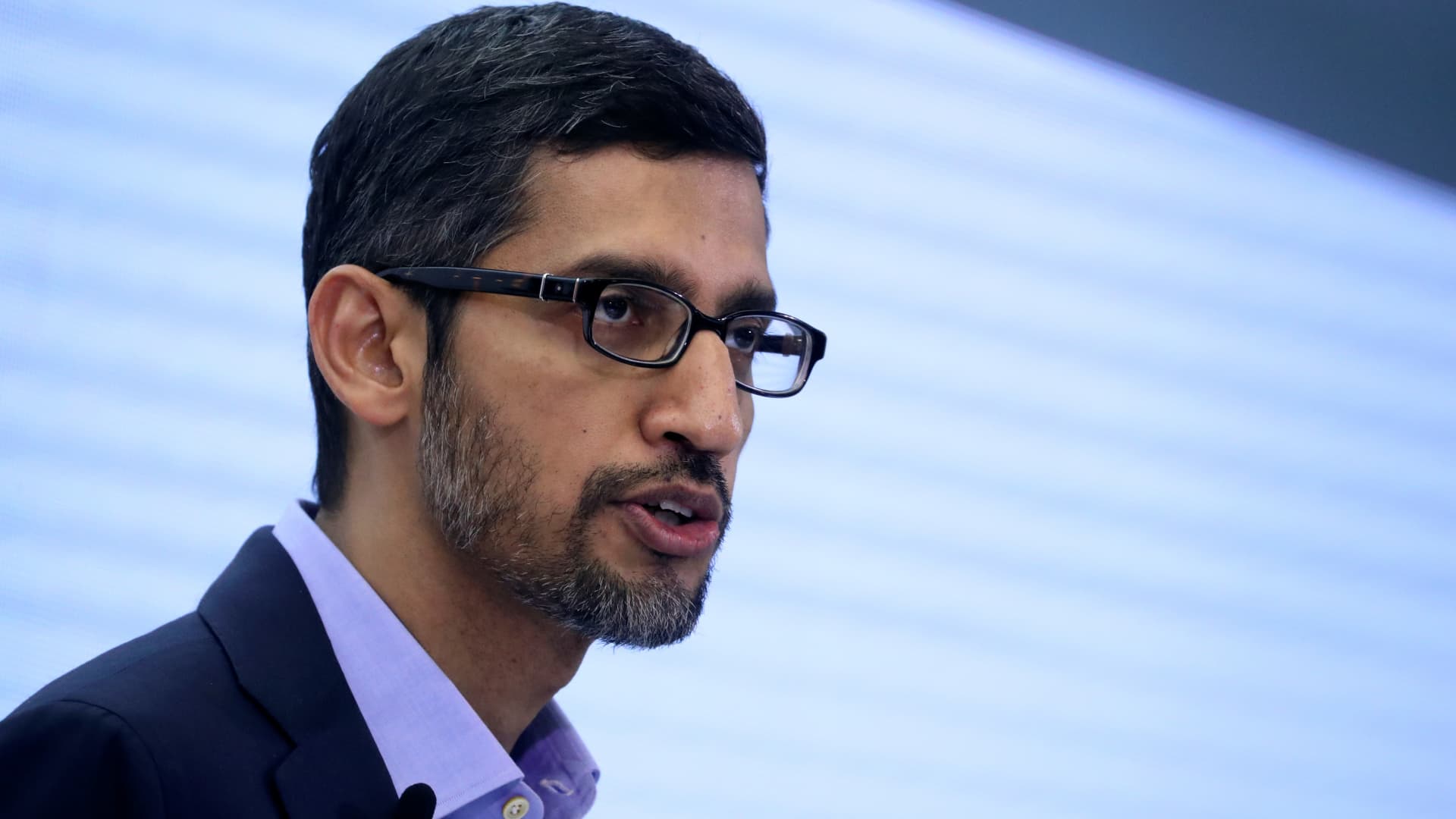NY Times columnist on probability of Trump winning the election: It's unlikely
‘Tightrope’ Author Nicholas Kristof joins ‘Influencers with Andy Serwer’ to discuss the 2020 Presidential election and to describe what he calls a ‘nightmare scenario’.
Video Transcript
ANDY SERWER: Let’s start off and talk about the election, which I guess is topic A at this point. President Trump is down in the polls. And I think FiveThirtyEight gave him a 12% chance of winning. Does he have a path to compete or to win at this point, Nick?
NICHOLAS KRISTOF: Look, after what happened in 2016, I think it would only be prudent to say, yeah, he’s got a path. And whether it’s a 12% likelihood of victory, or in the betting markets, it’s about a 40% chance, but, you know– I don’t know exactly what that number is.
But yeah, there is a possibility that things will come together. I think it’s unlikely. I think that it’s more likely that Joe Biden will win in a landslide than that Trump will win at all. But could it happen? Absolutely.
ANDY SERWER: There’s definitely probably the most likely outcome would be a closely decided race, one way or the other. What would be your take on a contested election and how it might play out in the courts?
NICHOLAS KRISTOF: So, you know, boy, I mean, probably like you, Andy, I mean, I remember reading about the 1876 election between Hayes and Tilden. And it just seemed like a different world, that that kind of thing could never happen in the modern era.
And yet, we do have some real likelihood that there will be a election in which there is, you know, a large part of the country thinks that it was stolen. And I think that we are now so polarized that many people don’t have trust in the courts.
There are also scenarios in which some states could send electors to the electoral college, who, it is widely felt, do not represent what happened in that state’s election, and have done that for purely partisan reasons. And I think that is the aspect of it that would worry me the most.
And we don’t really have a clearer playbook to determine how to address that if that were to happen, if a state that has a very close result were to– because that state is– say, has Republican leadership, that it then certifies Republican electors. And that would be my nightmare.
And, you know, and I must say, I was also reporting recently in Oregon, where I grew up, which is a, you know, a pro-Trump area. And there is– people are very edgy. They– there is– I mean, there is talk. I have friends who were talking about how there is going to be armed revolution. And so for that reason, I hope that it is a decisive election.
ANDY SERWER: Yeah. Sort of following on that point, Nick, what about this notion that the president has refused to commit to a peaceful transfer of power? Is that something Americans should be concerned about?
NICHOLAS KRISTOF: Yeah, I mean, absolutely. It seems to me that– and one of the things that I’ve learned, I think, from Trump’s presidency is that sure, we’re a nation of laws, but maybe even more so, we’re a nation of norms and institutions.
And President Trump has systematically undercut those institutions, it seems to me, like the courts, like law, like the civil service, like the media, and also norms. And that is one of the basic norms that politicians traditionally have always honored, that, you know, I lose, I call up the victor and congratulate him or her. And so we’re seeing a retreat from that norm, as from so many others.
Now if it’s a clear cut election result, I don’t think that much matters. I mean, you know, I don’t think that if it’s a clear election result, there is any chance that President Trump is able to chain himself to the Resolute desk and stay in the White House. But if it’s a disputed election, boy, that really does matter.




